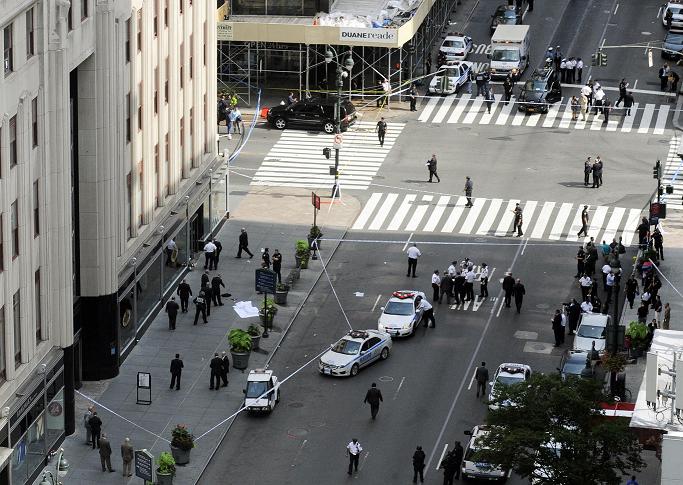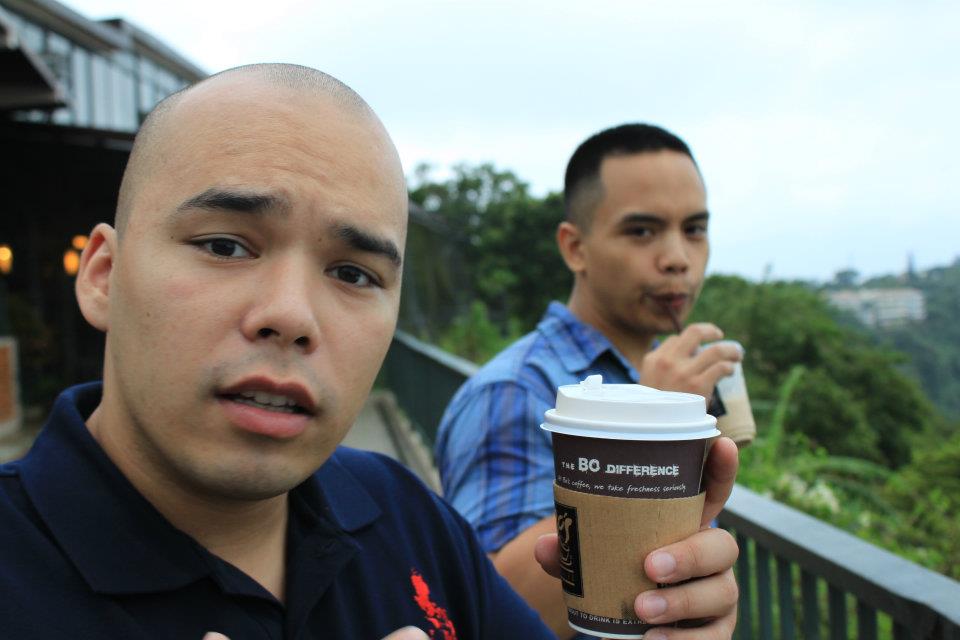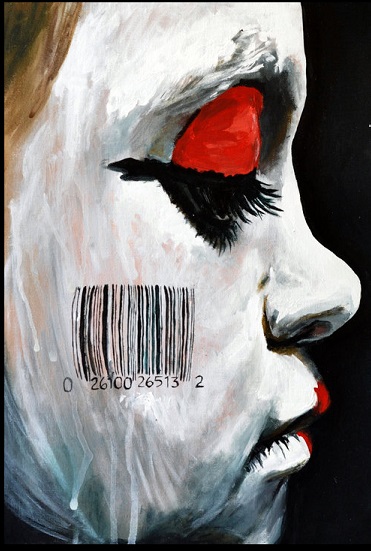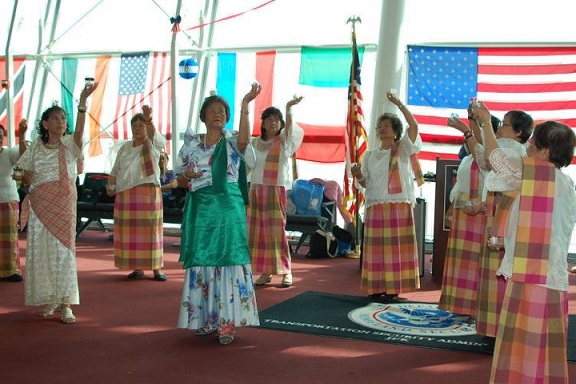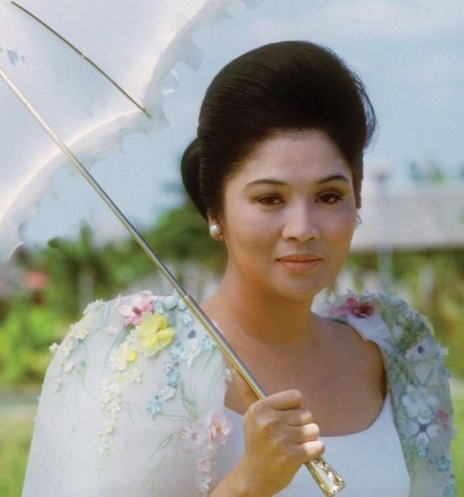Nearly 3 decades-old FACINE is the longest-running FilAm film festival
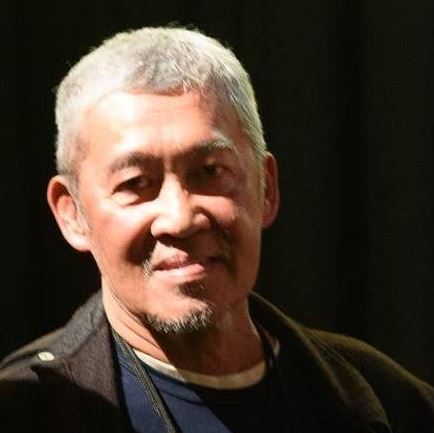
By Joel David
This year’s edition of the annual film festival of the Filipino Arts & Cinema International, or FACINE, promises a rewarding three-day treat for film connoisseurs from all over the world. And this time around, no one has to travel all the way to the admittedly pricey city of San Francisco in order to attend the screening of the entries. After a year’s respite due to the then-raging COVID-19 pandemic, the nearly three-decade-old festival made good its promise to make itself fully available online.
The FACINE event will prove fascinating even for those who wish to find out first about the festival and its origins. It originated in 1994 as Sine! Sine!, the name by which the first Filipino American Film & Video Festival called itself. Sine! Sine! screened about 60 films and videos from Filipinos and Fil-Americans for a whole month at two participating city centers. After exploring several new venues, the renamed festival managed to finalize an arrangement with the historic Roxie arthouse complex. It has been featuring full-length and short-film competitions for the past several years, and has handed out special prizes to individuals and institutions for their enrichment of Philippine and Fil-Am film culture.
The best way of appreciating FACINE’s achievement as the U.S.’s longest-running FilAm film event is by tracking the career of its founder and current artistic director, Mauro Feria Tumbocon Jr. Mau and I were contemporaries in film journalism in the Philippines during the dictatorship of Ferdinand Marcos. I recommended Mau for membership at the Manunuri ng Pelikulang Pilipino or Filipino Film Critics Circle, but I left the group after too many unresolved complaints. When Mau resigned for similar reasons a few years later, we set up the alternative Young Critics Circle, with him as founding chair. When later we opted for a more flexible film-awards system, we broke away and founded Kritika, again with him in charge.

Most of the Kritika members, however, had to leave for various reasons – graduate studies in my case, migration on Mau’s part. He first lived in New York, where I was studying, and once more organized a film event, Sa Pinilakang Tabing (On the Silver Screen), comprising film screenings and lectures, at Columbia University. He and I, along with Bliss Cua Lim, now a professor at University of California at Irvine, were the resource speakers. With Sine! Sine! he effectively oversaw two separate Philippine film events at both coasts of the U.S. in the same year.
FACINE also holds the distinction of recognizing the overlooked accomplishments of practitioners in diverse areas of engagement, including filmmakers Raymond Red and Elwood Perez, regional actress-producer Gloria Sevilla, historian Nick Deocampo, and the late crossover performer Bernardo Bernardo. Having successfully merged artistic excellence and popular triumphs in careers that span decades, Sevilla and Perez are fully worthy of the Philippines’s National Artist award, despite the MPP’s inexplicable insistence on overlooking the latter. The festival has also recognized efforts in independent production, global distribution, archiving and restoration, B-movie research and documentation, animation, rare-film preservation, and scholarship and criticism (personal disclosure: I was recipient of the last-mentioned award in 2016).
Not surprisingly, FACINE has matured in more than just temporal terms. This year’s edition boasts of adult material in the fullest sense of the word, in effect a maximizing of the freedom from external censorship afforded by streaming platforms. I was able to provide reviews of the opening and closing films, Law Fajardo’s Nerisa and Joel C. Lamangan’s Lockdown respectively, in The FilAm not long ago. Irene Emma Villamor adds sensual dimensions to her rom-com entries, On Vodka, Beers and Regrets (closer in spirit to her FACINE-winning Meet Me in St. Gallen) and You and Me and the Ending (her first foray into lumpen-proletariat milieu). Dodo Dayao’s Midnight in a Perfect World and Joselito Altarejos’s Love and Pain in Between Refrains are recognizably indie, downbeat and subtle in their display of filmmaking expertise. A documentary, Adrian Ellis Alarilla’s Wherever We May Be, provides a record of the filmmaker’s autobiographical journey, while Lamangan’s other entry, Another Rainbow, brings together outstanding performers of the 1970s-80s Second Golden Age in an impressive demonstration of thespic supremacy.
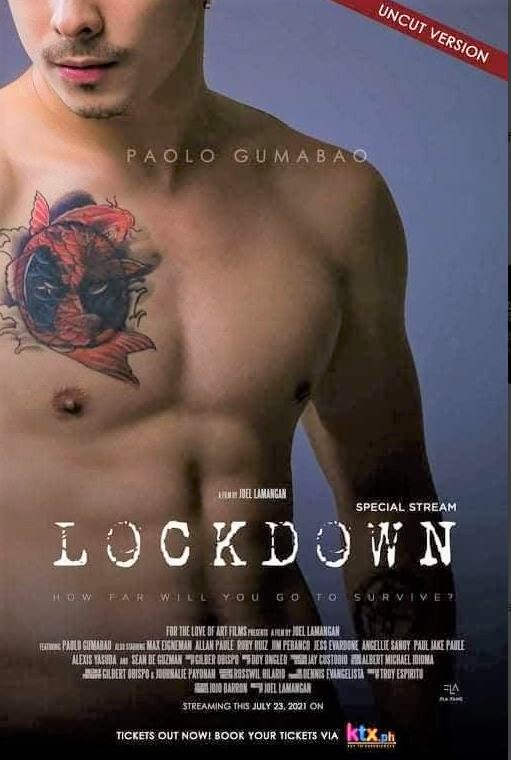
Pop-culture aficionados will not be wanting for reserves of titillation and intrigue. A star whose marriage is on the rocks appears with his current flame in Nerisa, while the son of an actor serving time in prison reveals much more than humongous talent in Lockdown. A successful though strictly professional rom-com love team work their chemistry in On Vodka, while a real-life couple draw from their hard-knock origins and their funny-sexy commitment to each other in You and Me. You can read allegories of the confusion and derangement wrought by the current administration’s wholesale disregard of human rights in Midnight, while Love and Pain brings the violence into the intimate spaces of a couple’s home. Honesty is the currency of Wherever We May Be, while Another Rainbow upholds how glamor resides not in actors’ looks, but in performative flair.
The FACINE schedule, along with festival passes, may be found on the organization’s website, http://www.facine.org/, along with ticketing information.
Joel David is a Professor of Cultural Studies at Inha University and was founding Director of the University of the Philippines Film Institute. He holds a PhD in cinema studies at New York University and was this year’s recipient of the Writers Union of the Philippines’ Balagtas Award for Film Criticism. He has written several books on Philippine cinema, with his latest, a short manual titled Writing Pinas Film Commentary, available for free on his blog at https://amauteurish.com/books.

